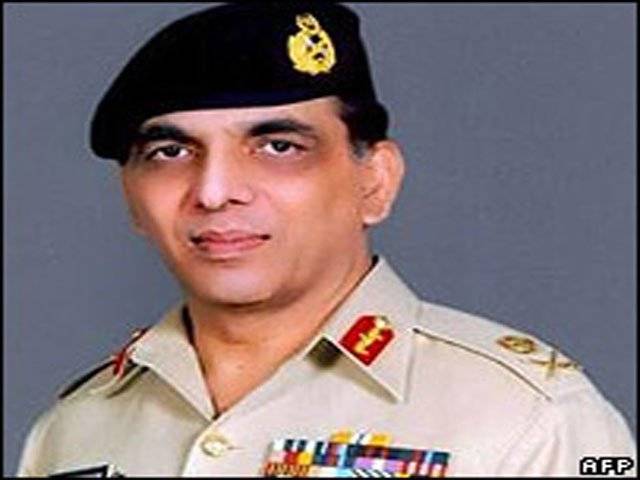ISLAMABAD/WASHINGTON (Agencies) - US General David Petraeus on Monday visited Pakistan and held talks with Army Chief General Ashfaq Parvez Kayani on ways to bolster regional security, the US embassy said in a statement. His surprising visit coincided with the wide publication of classified Guantanamo dossiers that were shown bracketing the ISI with Hamas and other international militant networks. The reports were largely seen as further alienating the disaffected Pakistan. Before meeting General Kayani, Petraeus joined, via secure video-link, a top-level security session called by President Obama in the Situation Room of the White House. Obama gathered top national security and intelligence staff for review of Afghan and Pakistan strategy, amid suggestions of soaring tensions with Islamabad. At Obamas side in the talks were Defence Secretary Robert Gates, UN ambassador Susan Rice, National Security Adviser Tom Donilon and James Clapper, his director of national intelligence. Vice President Joe Biden and the US ambassadors to Pakistan and Afghanistan also joined the session via video-link. Petraeus met with General Kayani during his trip Monday, a US Embassy statement said, without giving much details other than saying that the two discussed topics of mutual interest and ways to improve regional security. This is Petraeus sixth visit to Pakistan as the NATO ISAF commander, it said. He has long, established relationships with General Kayani and the Pakistani military from his time as the US Central Command commander, the statement said, adding that his last visit to Pakistan was on January 31, 2011. The White House this month criticised Pakistans efforts to defeat the Taliban in its border regions with Afghanistan, in a report immediately rejected by Islamabad. In addition to the latest Wikileaks wires, the chairman of the US Joint Chiefs of Staff, Admiral Mike Mullen, also accused Pakistans Inter-Services Intelligence (ISI) agency of having ties with the Afghan Taliban in the northwestern tribal belt. On Saturday, Pakistans army chief General Ashfaq Kayani said that the backbone of Islamist militants in Pakistan had been broken, despite US criticisms of his countrys strategy. Obama is also beginning to reach the point when he must consider recommendations by the military for the promised partial withdrawal of troops from Afghanistan which he has demanded from July this year. However, his press spokesman Jay Carney said that Mondays session (to review Pak-Afghan strategy) was not a decisional meeting, but was rather a regular review of US policy. There are signs that any drawdown of troops from the decade-long fight against the Taliban will be mainly symbolic as Washington and its allies increasingly focus on the security transition from foreign to Afghan control. The administration has gradually de-emphasised the timeframe, instead saying that most US forces would leave in 2014 the date set by last years Nato summit for putting Afghans in charge of their own countrys security.
Thursday, April 18, 2024
Pakistan, US in bid to save ties

Stefanos Tsitsipas advances in Barcelona
4:19 PM | April 18, 2024
Met Office predicts more rains across country till April 29
2:51 PM | April 18, 2024
Punjab changes school timings for summer season
1:55 PM | April 18, 2024
Enemies of Pakistan are unable to digest investment in the country: Ataullah Tarar
1:29 PM | April 18, 2024
IHC restores Bushra Bibi's appeal for shifting to Adiala Jail from Bani Gala
1:24 PM | April 18, 2024
Hepatitis Challenge
April 18, 2024
IMF Predictions
April 18, 2024
Wheat War
April 18, 2024
Rail Revival
April 17, 2024
Addressing Climate Change
April 17, 2024
Justice denied
April 18, 2024
AI dilemmas unveiled
April 18, 2024
Tax tangle
April 18, 2024
Workforce inequality
April 17, 2024
New partnerships
April 17, 2024
ePaper - Nawaiwaqt
Advertisement
Nawaiwaqt Group | Copyright © 2024





